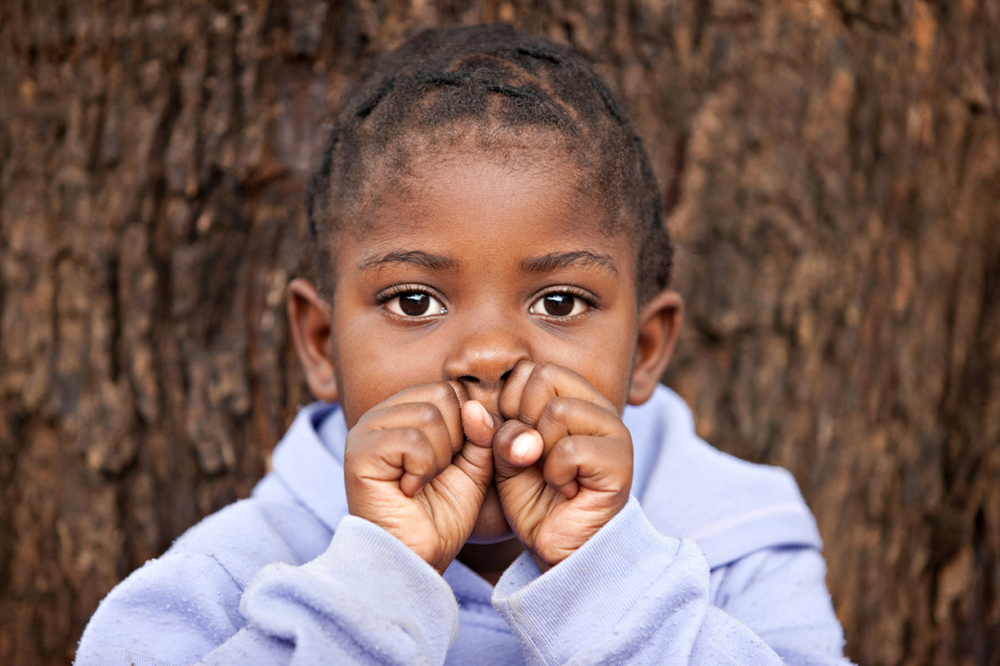
We want to do this right, this parenting thing, this teaching thing. We value children’s promise and potential. We value children for who they are in this moment. We love them. And so we want to do this “right.”
And, as long as there has been an industry of teacher education and a market for parent education, we have looked to checklists and timelines and professional expertise to know what “right,” is. We have increasingly institutionalized the spirit of childhood through generation after generation of standardization, commodification, and bureaucracy. Not from malice. Not even, at least for most of us, for profit. But because we want to get this “right.”
So we buy books on parenting our children. We download videos for them to watch that promise to make them smarter. We subscribe to services that will send us prepared boxes of tools and toys. We fret over the “right” school, then “enrich” that with the “right” afterschool program then make sure our children are registered for the “right” Saturday programs.
We want so badly to do this “right.”
Breathe in. Breathe out. The children are fine. Slow down. Sit for a minute. The children are fine. Stop making it so complicated.
“We do not need to know the anatomy of the flower or the acidity of the soil,” Montessori reminds us.”We only have to wait in patience and look for the flowers. So with the education of children, all that is necessary are adults, simple and of good will.”
There are things to know, certainly, for us as parents and teachers, to prepare environments and offer the children the materials they most need to do the work they are driven to do. But that knowledge should not limit our ability to see children for who they are individually, to prepare not only for childhood in general, but for this specific child in front of us. The knowledge we need to prepare for the young child should build in us the ability to observe without judgment, to understand what we’ve seen without bias, and to prepare for it without obstruction. If we can see, simply, what the child needs, and offer it to them without our own needs getting in the way, we’ll be fine. The children will be fine.
Montessori tells us about the simplicity of the communities she’s worked with in India, communities that many of us, in our modern assessments of need and wealth, would call, “lacking.” And instead of detailing all of the things and expertise and equipment that are absent there, she describes the ways in which their absence allows for a simplicity of response and an elevated service to the child. If no one had told you all the ways in which you were doing it wrong, would you be nearly as fixated on doing it “right?”
We need to understand the conditions the child needs, and then we need to wait. Think about when you’ve been waiting for something special: a wedding day, or a birthday, or graduation. Something you were eager to have happen, that you were on the edge of your seat to watch unfold, and, yet, that you know you could.not.rush.along. Capture that. Offer the same eager curiosity and patience to the child.That’s the spiritual transformation that awaits us as parents and teachers: to feel, in the cells of our hearts, in our very breath, the becoming happening before us, to know, like we know when we watch a butterfly emerge from a chrysalis or a foal take its first unsteady steps to stand upright, that there is nothing we can do to speed along the wonder, that our role is to sit quietly to take care not to interrupt or distract the process, and simply to bear witness to the becoming.
The method of non-intervention, to focus our actions singularly on preparing the environment, and then to focus our spirits singularly on an eager wonderment of the child. We don’t need to try to create opportunities for that wonder. The children offer them every day. We need only patience to observe and the courage to set aside our own agendas, our own expertise. It is only in being willing to set aside who we are now that we can become who we are to become, and only in being willing to lose what we have that we are able to transform. Traditional models of teaching and parenting emphasize our work as adults, our knowledge and the ways in which children’s development reflects on us. Montessori asks us instead to sacrifice the comfort of expertise for the vulnerability of curiosity, the certainty of our agendas for the promise of the child’s. That spiritual transformation will ask of us a painful shedding, but it brings the potential of a new education, a new teacher and, most importantly, a new Man.
*A response to Chapter 17: The New Teacher. The Absorbent Mind. M. Montessori
